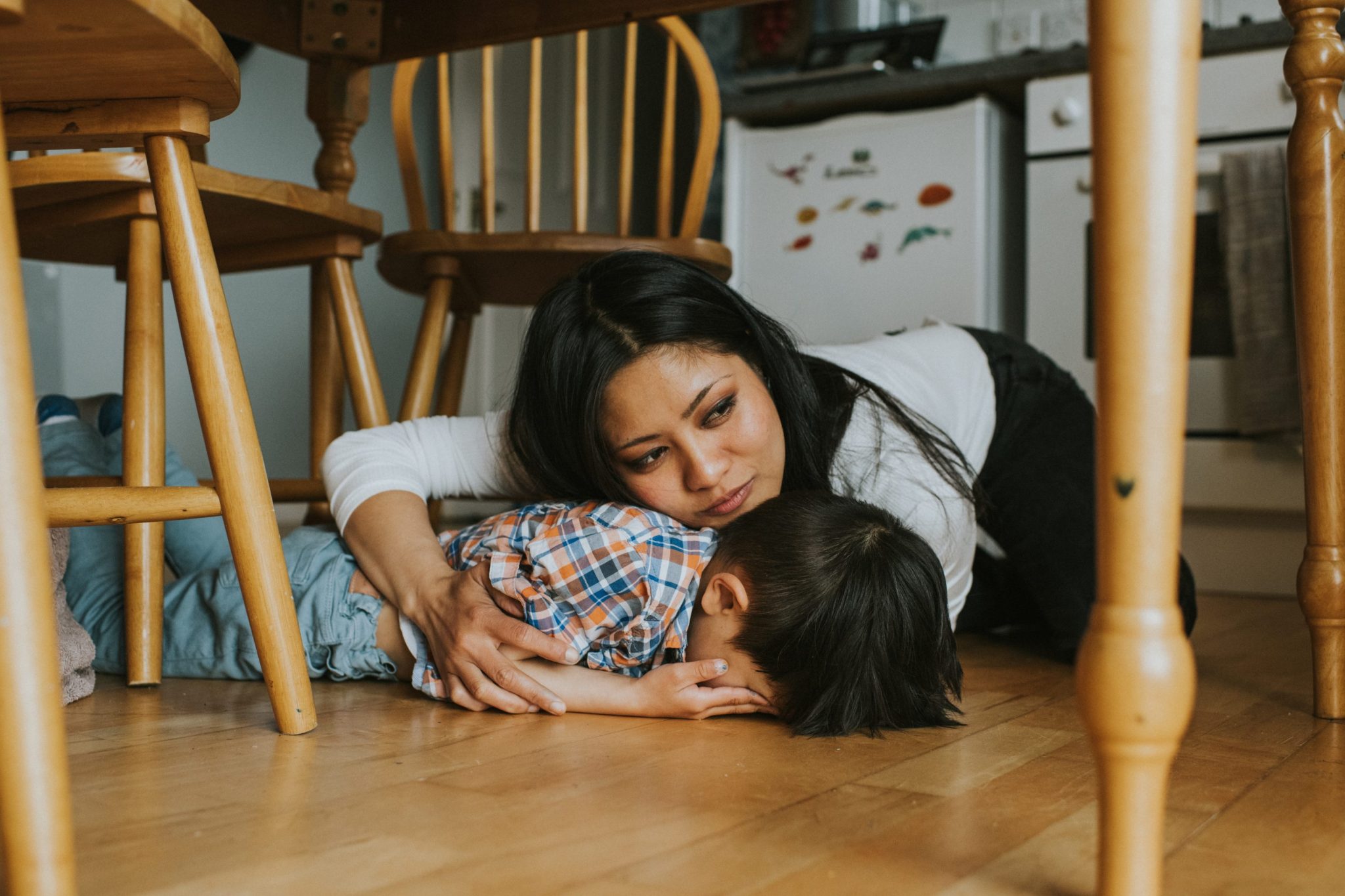A parent’s bundle of joy is said to be priceless, but an economy marked by inflation might challenge that notion as people shell out thousands to raise their children.
Even as the high cost of living ebbs a bit, the cost of everything between fancy strollers and formula has hiked for the current generation of parents. It all means three out of four people with a child report having and raising their kid was “far more expensive than expected,” according to a LendingTree survey of more than 2,000 adult consumers from the U.S.
Top on the list of expenses they grapple with include food (21%), childcare (19%), and clothing (13%). Indeed, even as inflation cools, the cost of produce remains pricey in part due to labor costs and supply issues. And of course, the nation’s childcare crisis—wherein a lack of funding contributes to staffing retention issues—leads to a scramble to find affordable assistance.
Almost half (45%) of parents report feeling like they need to overspend on their kid to keep up with the Joneses. Some (55%) dip into their savings and have entered the negatives in order to cover child-raising related costs, though most of those folks don’t regret doing so. Nearly 80% of parents report making financial sacrifices for their kids, with the most common lifestyle changes being reducing their spending on themselves, followed by pushing back retirement or personal investments, and forgoing their own career or educational opportunities.
A separate projection from Brookings’ to the Wall Street Journal clocked the cost of raising a child born in 2015 at average about $18,271 a yearly for a married middle-income couple with two kids.
In the end, it seems as if most parents have to put their own financial or career goals on the line to afford to give their child a comfortable lifestyle. It’s worth noting that in heterosexual relationships, the brunt of these sacrifices often lies on the woman’s shoulders—burdened by both the pay gap and gendered household roles.
“Too often we hear the rhetoric, ‘If you can’t afford kids, don’t have them,’” Julie Kashen, senior fellow and director for women’s economic justice at The Century Foundation, told Fortune last fall. “But having children isn’t like buying an in-home sauna or a fancy car, and it certainly should not be reserved for the wealthy.”
As it stands, though, mostly only households with higher incomes are able to truly evade the childcare crisis. Almost all (90%) respondents say parenting would be an easier feat if they had more money, adding they would be able to spend more on clothes and extracurricular experiences.
The strain of having a child has started to deter more adults from having their own— 31% of those surveyed say they’ve had fewer kids due to their current finances. And a separate report from Pew Research Center shows the number of young adults saying they’re not likely to have children has increased from 37% to 44% from 2018 to 2022. With an aging population and low fertility rates, it seems as if America is set to continue to become a graying nation if the price tag on raising a child doesn’t get marked down any time soon.

